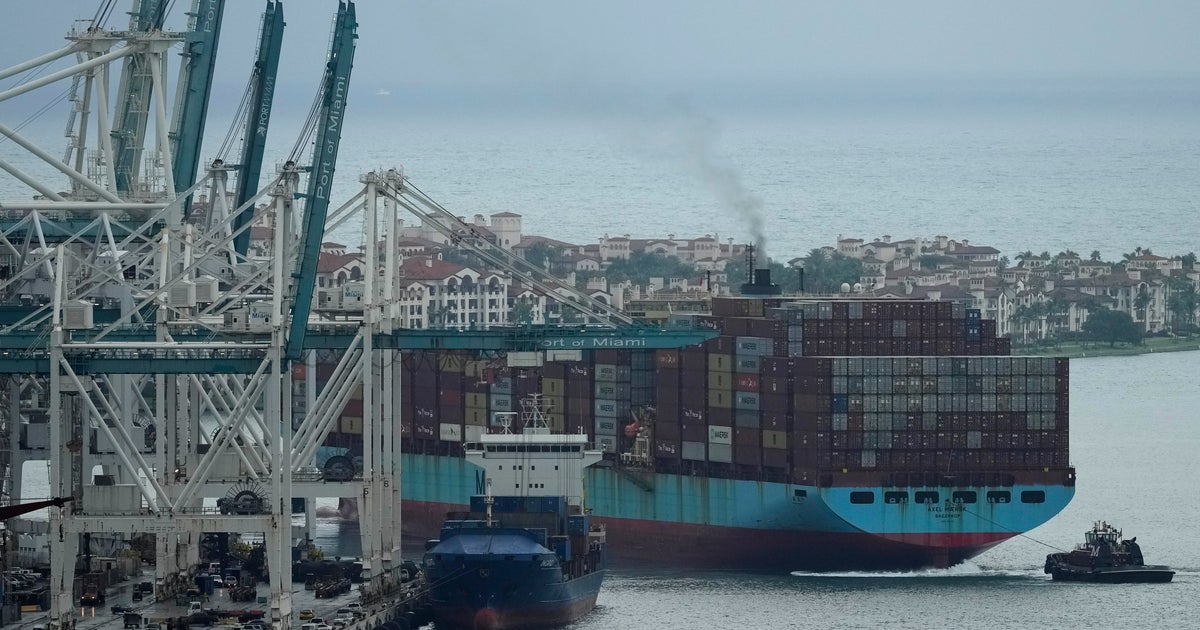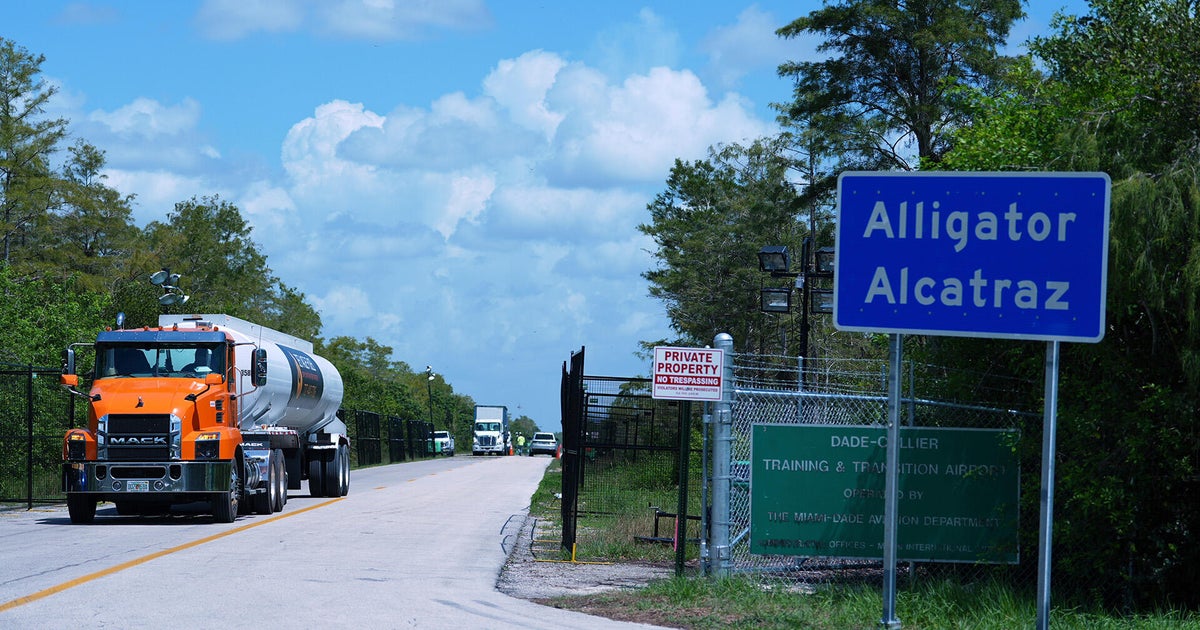PortMiami is recognized as the Global Gateway of the Americas. It trades with over 140 nations, roughly 50% of all the trade is with Latin America and the Caribbean.
In 2023, the last year the county has data for, the port traded $46 billion worth of goods. When it comes to imports, China was the number one country with the port receiving $4,564,486,059 worth of goods, according to the port’s website.
But the Trump administration’s new global tariffs could threaten a change in trade.
On Wednesday, President Donald Trump announced so-called reciprocal tariffs on imports from about 90 nations that are above a 10% across-the-board tax applied to all imports to the U.S.
Some nations will face only the universal tariff of 10%, while imports from dozens of other countries will be charged a higher specific reciprocal import levy.
PortMiami trade impacted by tariffs
While the baseline 10% tariff won’t go into effect until April 5, and the reciprocal tariffs on April 9, it’s already impacting business at the port, according to a customs broker.
“Cancellation of some orders and cancellation of some cargo coming in due to the fact that it’s just no longer a viable business. You know, coming in from China, they’re paying 10% as of April 5 and 34% as of April 9,” said Gabriel Rodriguez who facilitates deals between the U.S. and foreign markets.
He said one of the businesses that cancelled their export to the U.S. on Thursday morning makes Christmas decorations. He thinks the sudden implementation caught most businesses off guard.
“It’s an immediate impact. I think that what most people are reading from this is that they didn’t have time to prepare, you know, and be able to work it through their supply chains. It’s from one day to the next,” he said.
At PortMiami, the number one import is machinery, followed by apparel/textiles, scrap metal, vehicle parts and fruits and vegetables.
Tariffs to drive up car and auto parts prices
The Trump administration’s 25% tariffs on vehicles and auto parts imported into the U.S. could lead to sticker shock for American consumers.
Rita Case, CEO of the Rick Case Automotive Group, said all car manufacturers will see prices go up.
“People think that Ford and Chevy are going to be exempt, or Chrysler, from tariffs, that’s not the case because Ford and Chevrolet, like Honda, like Hyundai, like all of them do make cars outside of the United States,” she said.
Industry analysts say higher auto prices in the U.S. could squeeze some would-be car buyers out of the market and raise the demand for used cars.
Meanwhile, car insurance premiums are also likely to jump because the tariffs will make it more expensive to repair vehicles, partly due to higher costs for purchasing new auto parts.
Megan Cerullo and
Aimee Picchi
contributed to this report.



